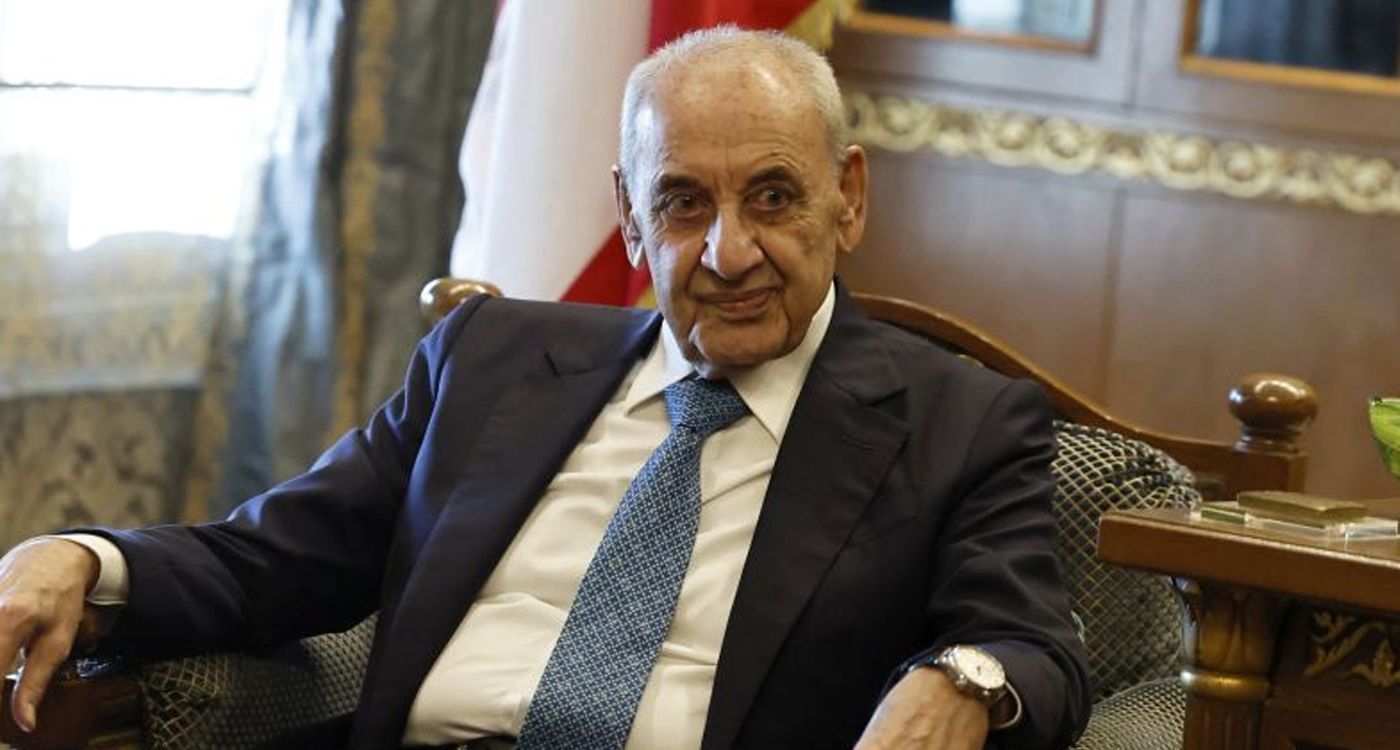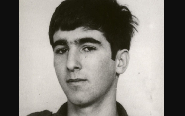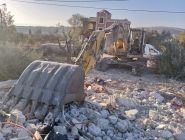
Speaker of Parliament Nabih Berri is seen today as the main representative of the Shiite community and the only figure capable of engaging in dialogue with both domestic and international parties. His absence would therefore leave the community without a clear interlocutor, as direct talks with Hezbollah face multiple obstacles. The pro-Iranian group is designated as a terrorist organization by some countries, many of its members and associates are under sanctions, and its leadership structure is unclear, following the killing of its key leaders, including its powerful Secretary-General, Hassan Nasrallah. The group’s military and political decisions are now made in Tehran, as it is unlikely that the Shiite community would quickly produce new leaders of the caliber of Nasrallah and Berri.
On Wednesday, Meir Masri, a member of the Israeli Labor Party’s Central Committee, posted on X, “Nabih Berri is a completely legitimate target.” This comment was widely interpreted as incitement against Berri and quickly spread across media outlets and social platforms, with some viewing it as a death threat against the speaker of Parliament. However, according to experts on Israeli affairs, Masri holds no official position in Israel, and no Israeli political or military officials have issued threats against Berri. It seems that the latter enjoys international backing, since he is regarded as a crucial figure for navigating Lebanon’s complex regional and domestic crises.
Sources closely monitoring the situation have observed that, in this conflict, Israeli actions are consistently dictated by what they believe serves their interests. The critical question, then, is whether it would benefit Israel to have a Shiite figure to engage in dialogue with the United States and the international community.
On the ground, certain military developments have been seen as messages aimed at Berri. Several members and senior officials of his Amal Movement have been killed in Israeli attacks, particularly in the south. Many interpret the intense aerial assault on Nabatiyeh as a warning to Berri, who has a residence in Msayleh along the road leading to the city. However, some Lebanese Shiite citizens contend that Nabatiyeh is not under Berri’s influence, but rather aligned with Hezbollah. They point out that the city’s municipal council, targeted by Israel, is the product of a consensus between Hezbollah and Amal, noting that some of its members are not affiliated with either group. For instance, one of the municipal counselors came from a leftist background that emerged at the onset of the Lebanese Civil War in 1975.
Moreover, these citizens emphasize that Tyre, the southern city politically linked to Berri and the Amal Movement, has remained relatively spared from Israeli attacks. This raises questions about whether the scale of the assaults should be interpreted as a message in one way or another.
In Lebanon, high-ranking politicians are not untouchable. Since 2004, numerous assassinations and attempted assassinations have targeted top figures from various political backgrounds, mostly opposed to Hezbollah. Investigations into these murders have yielded few results, with the exception of the assassination of former Prime Minister Rafic Hariri, for which individuals linked to Hezbollah were convicted. On the other hand, Israel has openly claimed responsibility for the assassinations of Hezbollah members and supporters, including Nasrallah, upholding its intention to continue such operations.



Comments